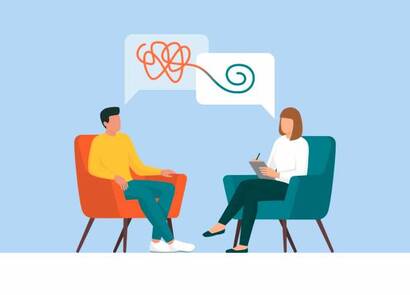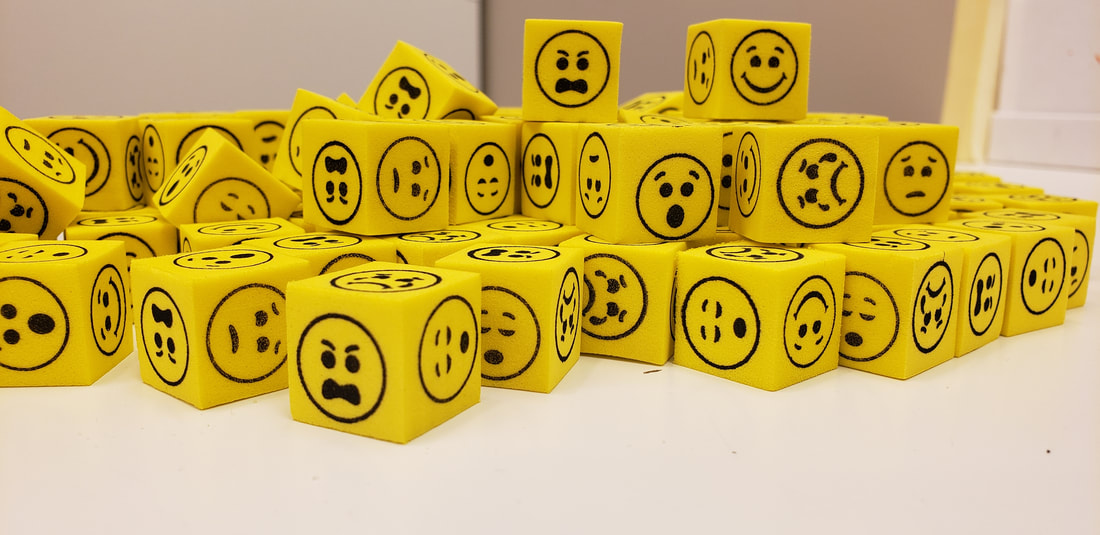As parents, we want to be able to give solutions and fix problems for our children. Supporting our teens in being social and developing meaningful relationships can improve their possible feelings of loneliness. Here are some ways to support your teen while they navigate new friendships:
Teens with autism spectrum disorder face challenges in building friendships that their typically developing peers might not face. The suggestions above offer some concrete ways to support your teen in building meaningful, healthy relationships that will make their teenage years enjoyable. Author
Kelly Williams Registered Provisional Psychologist April 2022
1 Comment
Emotions can be hard to understand and cope with for anyone, including fully functioning adults. Add being a teenager and having autism spectrum disorder (ASD) to that, and emotions can become a completely overwhelming and frustrating part of life.
As parents, we want our children to be happy and healthy. However, when we are unsure of how to support them, it can feel helpless. Here is a list of ways that can help support a teen in understanding and dealing with emotions: ✔️ Offer up new language for naming emotions. Black and white thinking is typical of people with ASD, so it is possible that your teen is lacking the language to share their feelings. Using a mixture of words when talking about feelings can help with this. ✔️ Model emotional expression. If you are feeling happy, describe to your teen what that feels like for you. Saying things like “I am really looking forward to my day today! I have lots of energy and am feeling really comfortable in my body” can give your teens some insight into how they might identify and share this same feeling. ✔️ Share the hard feelings too. Not shying away from talking about harder emotions like sadness, frustration, or anger is important. Normalizing these feelings for your teen will encourage them to open up when they’re not feeling great. Sharing something like “I am worried about how my meeting is going to go at work today. I’m feeling jittery and keep thinking about what could go wrong” can allow your teen to see that ALL emotions are a normal part of life. ✔️ Offer coping strategies that work for you. If you know your teen is struggling, share what helps to calm you down. Keep in mind that different strategies might work better for your teen. ✔️ Be patient when your teen is trying to share their feelings with you. Give them the time and space to reflect on their feelings and access the appropriate words. ✔️ Help them set healthy boundaries with sharing. While helping your teen navigate the world of emotions may be your goal, it is still important to remember that they might be striving for independence in their teenage years. Offer open communication around feelings, but also keep options like journaling or counselling open if your teen does not want to divulge every feeling to their parent. Emotions are an important and complex part of everyone's life, especially for teenagers with autism spectrum disorder. While it can be difficult for them to understand and express their feelings, it is still crucial that they do so. There are various ways to help teens with ASD manage their emotions, such as through therapy or medication. With the right support, they can learn to cope with their emotions and lead happy, fulfilling lives. Author :
Kelly Williams Registered Provisional Psychologist April, 2022 |
|
Suite 320, 1716 16th Ave NW Calgary, AB |
© Northwest Psychology 2019.










 RSS Feed
RSS Feed